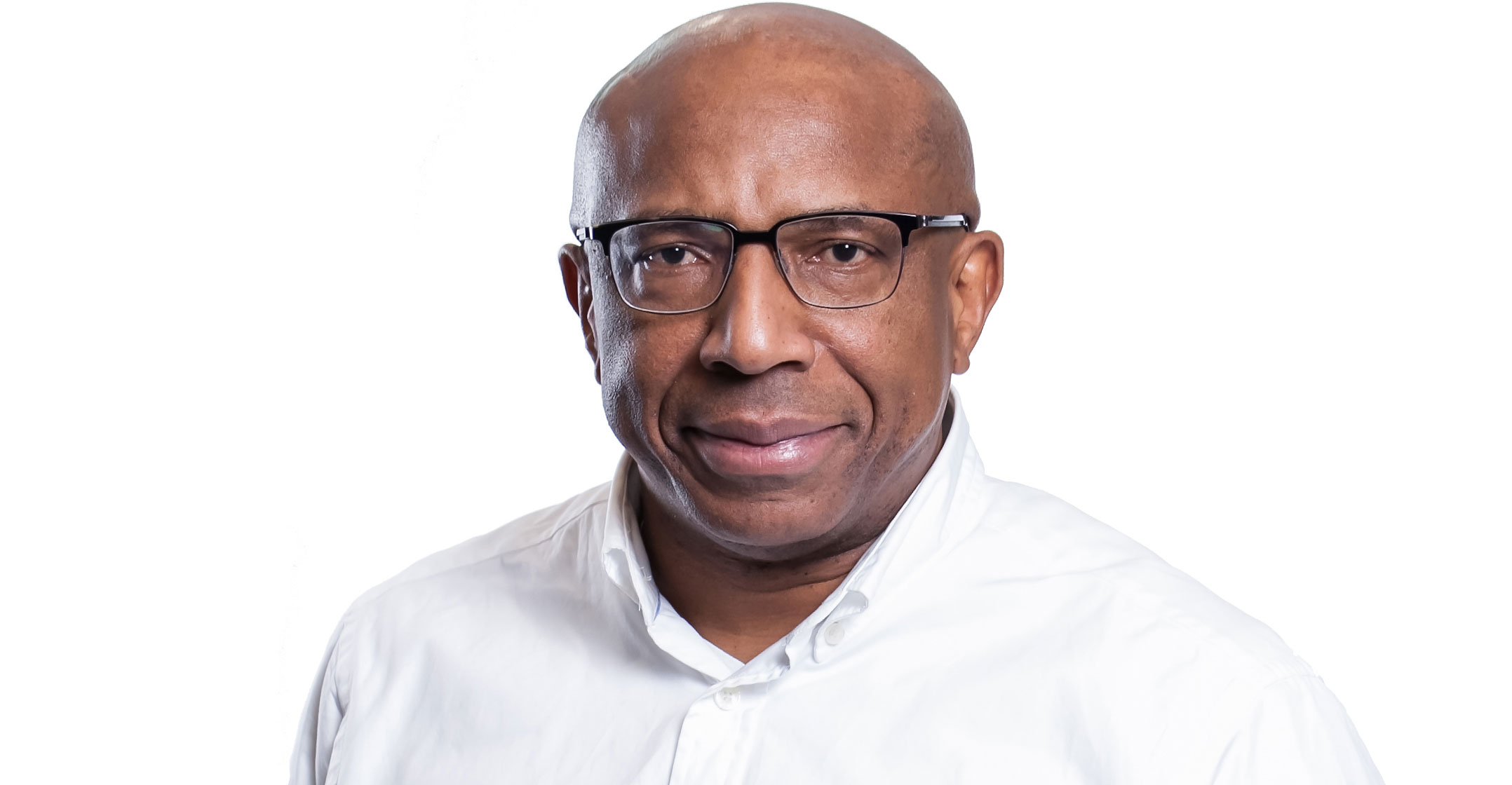
[dropcap]T[/dropcap]elkom will soon have a new name. CEO Sipho Maseko is leading a major restructuring at the partly state-owned company that will result in “Telkom” becoming the consumer-facing retail telecommunications brand sitting under a new, “Remgro-style” corporate centre.
Under that corporate centre — which will have a new legal name, still to be determined — will be at least five subsidiary businesses in fields as wide-ranging as wholesale telecoms and property asset management.
It’s part of an ambitious plan by Maseko to unlock further shareholder value at the telecoms group, whose share price has already climbed more than fivefold on his watch. He took the reins on 1 April 2013 under a reconstituted board, led by chairman Jabu Mabuza.
The restructuring represents a significant expansion of Telkom’s strategy, two years ago, to spin off its wholesale business into a new company, called Openserve (modelled loosely on BT Group’s Openreach). Maseko this week unveiled plans to group Telkom’s vast property and telecoms tower assets into a new property management business called Gyro.
The new holding company will be something like Remgro, which has investments in a range of industries, Maseko said. It will be a “strategic shareholder”, with each subsidiary freed to “pursue its growth agenda as independently as possible”.
In many respects, it is opposite to the model adopted by other big South African telecoms operators, which have sought to create “vertically integrated” businesses. Maseko said operators in New Zealand, the US and elsewhere have embarked on the route Telkom is now pursuing, so there are examples elsewhere in the world that it is able to draw on.
Counterintuitive approach
“We took a counterintuitive approach,” Maseko said in an interview with Business Times this week. “Normally, the view is that the sum is better than the parts, but we have taken the view that the parts are better than the sum. There was a lot of value leaked in the aggregation approach we had taken previously.”
By the end of Telkom’s current financial year — 31 March 2018 — Maseko expects the group to be made up of five businesses: retail telecoms entity Telkom, IT services business BCX (formed through the merger of Business Connexion and Telkom Business), wholesale arm Openserve, e-commerce/online business Trudon and property management company Gyro.

“These companies will be held by one owner, which will be called ‘X’, and which will exercise 100% control and ownership,” Maseko said. As separately managed entities with their own profit and loss accounts, the companies will be empowered to make decisions that help them grow, and won’t be held back because their decisions might not suit other entities within the group. “Given how vertically integrated we are now, it’s difficult to add value.”
The “evolution in the operating model”, as Maseko calls it, will allow the newly created corporate centre to “monitor and reward performance”. With Gyro, for example, Maseko hopes to monetise Telkom’s vast property portfolio, including its towers and telephone exchanges. Under the current model, it’s difficult for it to do that.
“We have not been able to commercialise the property portfolio in the right way. We have about 23 million square kilometres of ‘stuff’, but we have been very inefficient in the way we have managed it,” he said. “We don’t think that selling it is necessarily value creating. But getting the right capability and partnerships can unlock a lot of value…”
Similarly, BCX is freed to adopt a different strategy to, say, Openserve, the wholesale networks business. “When we went to Nigeria [10 years ago with the Multi-Links acquisition], we almost lost the entire company. Today, Openserve has no need to go pan-African, but BCX might want to. So, you create a lot of flexibility [with this model].”
Gyro, he said, will be run like a property services company and will be measured against its peer group, which includes the likes of Growthpoint and Redefine.
Maseko said he’s not sure yet if owning a portfolio of telecoms towers makes sense in the long term. Already, rival Cell C has sold its passive tower infrastructure (the non-radio parts) to independent tower operator American Tower Corp. “Over time, the infrastructure stuff will be less of a competitive advantage.”
Sole tenant
Not everyone is convinced the strategy will pay off. A top-rated equities analyst, who is precluded by company policy from being quoted on the record said the strategy around Gyro is not clear, especially as Telkom is the sole tenant (for now). “It will be subscale” next to other property management companies, the analyst added.
Telkom this week produced a reasonable set of results for the financial year ended March 2017 despite the weak economy, with headline earnings per share up 12,4%. The share price, however, came off sharply during the week as investors digested the numbers.
There was a strong performance from its once-loss-making mobile business, which now has 4m active customers. But its fixed-line business continues to struggle, with the number of fixed lines in service falling below 3m for the first time in decades. Telkom is facing significant competition from new fibre broadband rivals, including Vumatel, as well as ongoing substitution to mobile alternatives.
The analyst said there are worries that Telkom’s earnings could fall next year as it spends more on network infrastructure and as margins come under greater pressure. “There was too much exuberance that needed to come out of the stock,” he said. “Outside the mobile business, fixed lines and BCX are not doing so well.”
- A shorter version of this article was published in the Sunday Times of 11 June 2017




